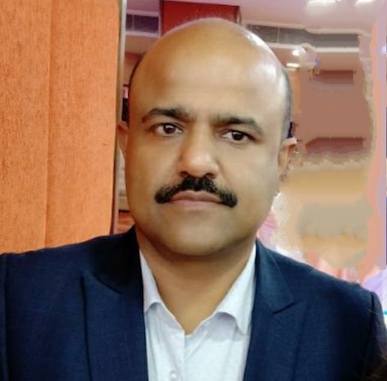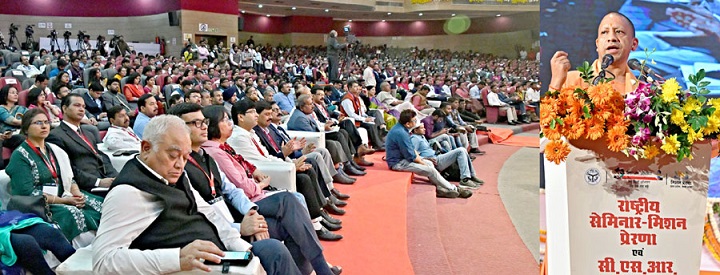Rural India is characterized by a high burden of infectious as well as chronic ailments owing to lack of awareness around appropriate sanitation, good hygiene and the importance of maintaining a healthy lifestyle. Despite some progress over the years, there are many regions that still don’t have access to safe drinking water. Besides this, there are rampant incidences of malnutrition, poor living conditions and limited or no access to preventive and curative affordable healthcare services.
Absence of basic facilities naturally led to a scenario where people residing in such areas were focused only on procuring the basic necessities of life – such as food, shelter and clothing. Therefore a conscious and mindful effort to secure one’s health, or even pay requisite attention to their medical needs was completely out of the consideration set. The abysmally low demand for health protection solutions and the absence of appropriate infrastructure (quality healthcare providers) refrained organizations from servicing these markets.
Lack of awareness often led people to not even make use of the minimal healthcare services that were readily available, thus augmenting the volume and complexity of medical issues. It was common for people to be unaware of medical issues they were ailing from and only when the illness became critical, they visited doctors. Even then, majority of the rural population associated medical facilities with Government hospitals because, firstly – private hospitals as a concept were not very prevalent and secondly – when it was, the costs were relatively prohibitive, given their meagre incomes.
However, things gradually changed over the course of the past two decades and an amplified financial & socio-economic inclusion has been witnessed. Awareness initiatives around sanitation, hygiene, the importance of maintaining good health etc. taken up by central and state governments or by village authorities, progressively helped in dispensing knowledge around Health insurance and its benefits. A series of Government programs such as Swachh Swasth Sarvatra, Rashtriya Swasthiya Bima Yojana (RSBY), Employment State Insurance Scheme (ESIS), Central Government Health Scheme (CGHS) and Aam Aadmi Bima Yojana (AABY) empowered people with awareness, access and utilization of health insurance.
As the dynamics started to change, many healthcare providers and insurance companies began to see huge potential for expansion into rural geographies. Health insurers took upon themselves the responsibility to permeate Tier 2, Tier 3 and rural markets by expanding their own physical distribution networks or through the various Micro-finance companies already present these markets.
The need was for Health Insurers to not just create relevant product solutions but to go further and undertake a 360-degree development in the healthcare space that included – creating awareness among rural audiences on the need for Health Insurance, breaking myths related to cashless claims & affordability of health insurance, the effectiveness of quality treatments especially to address chronic ailments, training the staff of rural healthcare facilities etc. There are Health Insurers who’ve successfully undertaken such initiatives and in association with leading micro-finance institutions covered wide markets.
The aforementioned was achieved by means of nukkad-nataks, public announcement campaigns; skits etc. to build a local connect. These efforts have been instrumental in bringing a positive change, wherein today an increasing number of people from among this segment has opted for health insurance which ensures that their families don’t fear running into bankruptcy simply because their daily-wages are insufficient to support increasing cost of treatments.
This column was published in the print edition of our magazine. To buy a copy, click here
 Atul Sabharwal has an overall experience of 19+ years in Sales, Insurance and Automobile Industry. He is primarily responsible for maintaining relationships for the company across regional rural banks, state co-operative banks, micro-finance institutions and various government bodies to promote business and stakeholder management. He is also involved in the process of development in terms of rural activities and also oversees the organization at regional trade events and confluences.
Atul Sabharwal has an overall experience of 19+ years in Sales, Insurance and Automobile Industry. He is primarily responsible for maintaining relationships for the company across regional rural banks, state co-operative banks, micro-finance institutions and various government bodies to promote business and stakeholder management. He is also involved in the process of development in terms of rural activities and also oversees the organization at regional trade events and confluences.
Views of the author are personal and do not necessarily represent the website’s views.
Thank you for reading the column. Please drop a line and help us do better.
Regards,
The CSR Journal Team


